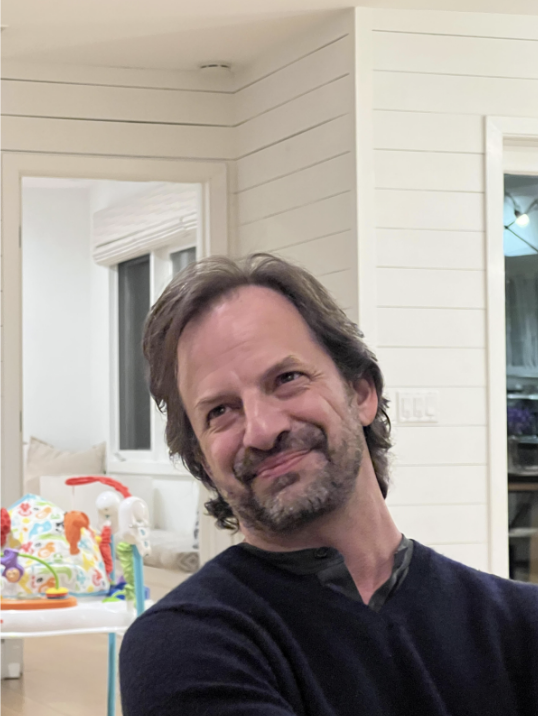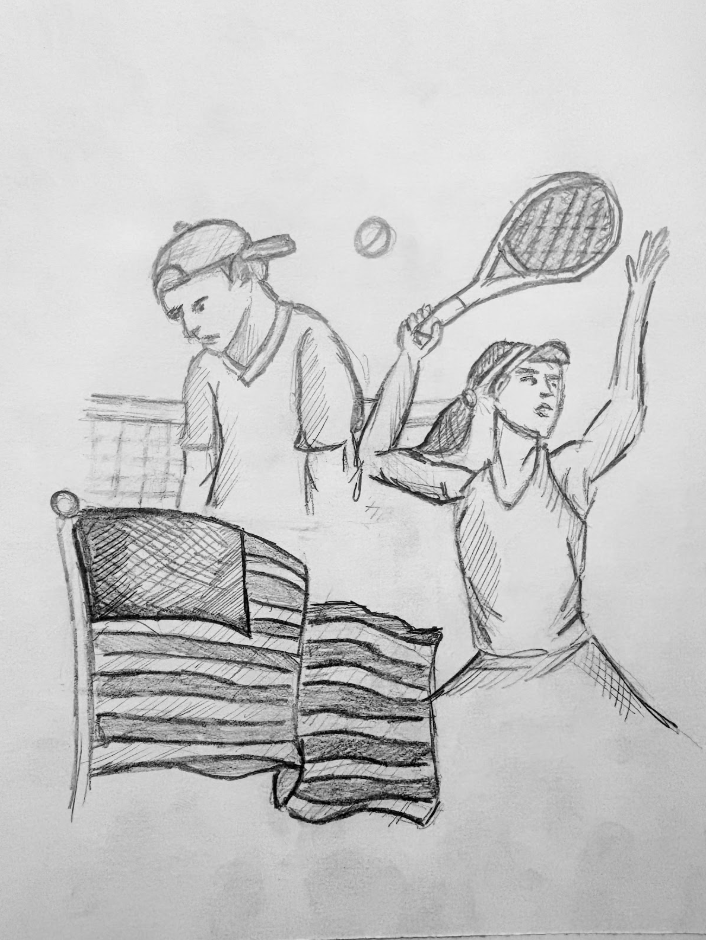Heschel prides itself on being a pluralistic school that offers multiple minyanim to allow each student to practice Judaism in a way that makes them most comfortable. However, Heschel still has various policies that apply to all students, regardless of personal religious observance. All male cisgender students are required to wear kippot during religious programs or learning and to wear tefillin during tefillah. While women and non-binary people are allowed to wear tefillin, they do not have the same requirements that men have.
The policy about kippot makes little sense. By specifying that it applies only to cisgender males, Heschel recognizes those who have transitioned from being male, yet notably excludes transgender men. Whoever wrote the policy seems to have taken trans-women and non-binary people into consideration, yet still stated that transgender men are not required to follow the same rules that those male-born students do. This double standard serves to isolate transgender men. A policy change that states that all who identify as male must wear kippot would resolve this issue and help transgender men feel more included.
The tefillin policy is more complicated. Heschel wants to encourage pluralism while still abiding by basic Jewish laws. Heschel’s tefillin policy is based on the fact that tefillin has been traditionally worn by men, but it fails to fully incorporate the ideas of pluralism. Minyanim that believe men and women have equal responsibilities are still subjected to the same policy, regardless of beliefs. Furthermore, students who have chosen not to participate in normal services still have to wear tefillin.
While in Orthodox minyan, this may not be an issue, as we can assume most who attend agree that only men are obligated to wear tefillin, it is an issue in other minyanim where the attendees have different opinions on religious obligation.
The point of having Egalitarian services is for men, women, and everyone who does not fit into the gender binary to be treated equally and follow the same commandments. Why should egalitarian services have a double standard regarding equal rights and obligations across the gender spectrum? These services should be places where either everyone has to wear tefillin or no one does.
Nevertheless, Heschel continues to have these double standards regarding gender and religious obligation. Those who transitioned to male should be included in Heschel’s policy and Egalitarian services should extend that Egalitarian value to the tefillin policy. Heschel needs to change its policy for the better to make this school one that is accepting of everyone, regardless of gender or religious observance.










